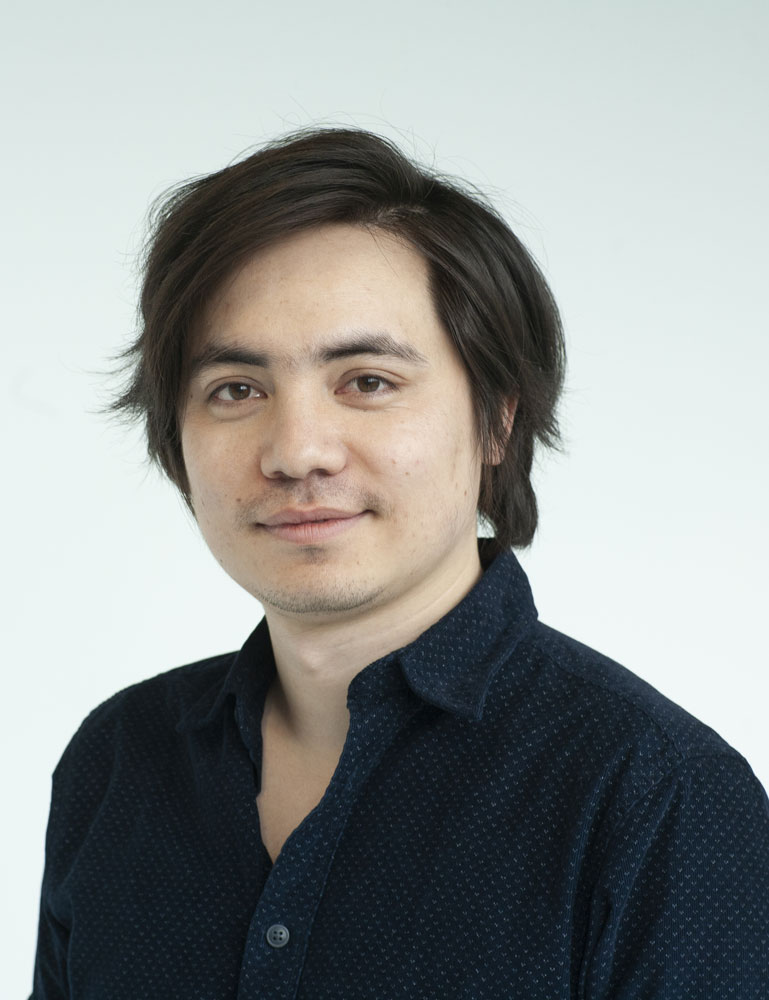
Puru Thapa
Software Developer
Nationality: Nepalese
Home: Kathmandu
Languages: Nepalese, English, Hindi
Purushottam Thapa Magar has been working for Euformatics for just under a year as a Software Developer in our tech team. We caught up with him to talk about his upcoming Masters thesis and what it is like to be working at the forefront of developing the future of precision medicine.
Why did you join Euformatics?
I was looking for a summer job in 2019 to complement my Masters degree, so I sent an open application. It was a relatively straightforward decision to send the application – Euformatics seemed to be the only company doing what I am interested in and what I want to do, connecting computer science to molecular biology. There’s so much that could be done and learned through combining the two, and so it was really exciting to find a company here in Helsinki that was taking on the challenge.
What does a typical day look like?
Is there such a thing as a typical day? I’m mostly developing our software, specifically the analytical capabilities of omnomicsNGS (our variant interpretation and reporting tool) and working on feature development requests for our customers. The other big thing I’m working on right now is a tool which was used in the first Copy Number Variation External Quality Assessment pilot scheme which we ran with our partners EMQN and GenQA at the end of last year. This work is going to form the basis of my upcoming Masters thesis… And of course there is always time for a game of pingpong!
Tell us a bit more about what your thesis will explore…
Copy Number Variations (CNV) are very long changes in human DNA which at the moment we don’t know all that much about. What we do know though is that CNVs are abundant in the human genome, and some of them are harmful. With this in mind, it seems clear that for labs to work with CNVs, there needs to be some kind of quality assessment (validation) tool to ensure that variant callers are calling CNVs correctly. Getting this correct is really important so that labs can be certain that their data is correct before it affects patients. My thesis project is to try to develop a tool to do this, and find out if it is even possible at this time with the information that we have and our current understanding. We’re analysing the results of the EQA which we conducted using the tool now, so stay tuned to hear the results!
What has been your favourite part of working at Euformatics?
Solving challenges every day in the pursuit of making personalised medicine a reality. It’s really exciting to be at the forefront of a pioneering field, and to discuss and share ideas with experts both within the company and outside it. I have been able to gain a lot of knowledge from my colleagues that would not have been possible if I had just been studying. I’ll admit that drinking fresh mint tea with mint from the garden of our CSO also brightens my day!
What is the most challenging part of your job?
Coming up innovative and efficient solutions to complex problems that affect patient lives. It’s really important that we get it right, and as the field is still rapidly evolving, so too is the bar for expectations around quality and outcomes. We are constantly pushing that bar and breaking boundaries which is rather challenging! It’s also one of the most exciting parts of my work here though.
What do you do outside of work to kick back and relax?
I am a big sports fan – if you want to guess where I am at any point in time I’m likely to be running around somewhere with a smile on my face! Badminton, basketball and volleyball are probably my favourite ways to relax at the moment, but you might also find me with a good show on Netflix or practicing a new piece on the guitar.
Talk to Puru if you want to know about…
Software development, how to (hopefully) successfully complete a Masters thesis without going insane, and how to teach a complete novice how to play pingpong.
